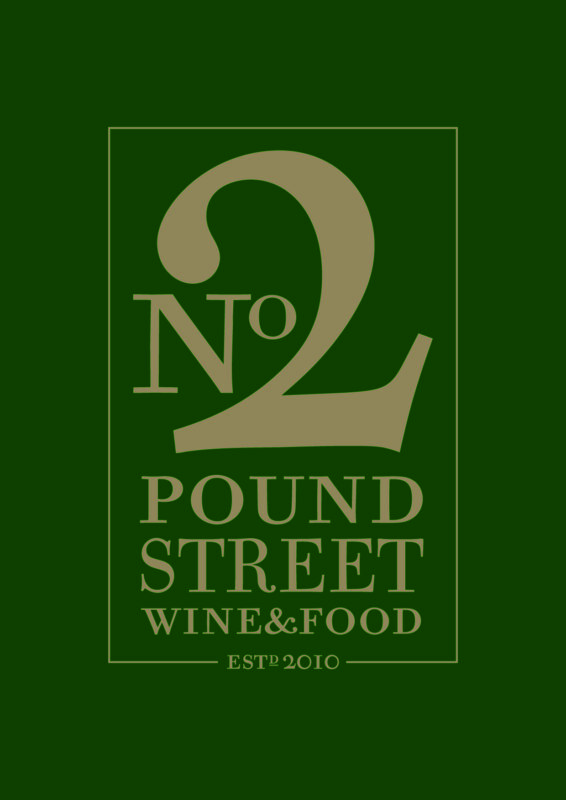Could cheese have helped build Stonehenge?
Cheese has been part of the northern hemisphere’s diet for thousands of years. It is proven that the Neolithic people ate cheese as dairy fat has been found on teeth and potsherds. Cheese could also have helped power the Neolithic people to move those giant bluestones that form part of Stonehenge. Cheese is a great form of calcium, fat, protein and vitamins. This godsent food has formed a staple part of our diet for many millennia and really deserves some respect.
Royal Warrant manufacturer fined over a million pounds
You may recall our article about a mass-produced cheese manufacturer in a May magazine edition. The cheese manufacturer in question was fined £1.52 million for multiple pollutants being emitted into the local river. The pollutants killed thousands of fish and put the health of the local community at risk. What makes this more outstanding is this industrial producer also has a royal warrant. This month highlights the urgent need to educate people about where our food comes from.
Manufactured cheese like the aforementioned has really had its day. Indeed there are some great large producers that truly follow sustainable and ethical practices, but these are few and far between. These dairy giants aim to make huge profits and pay as little as possible to make their cheese. Cathedral City has made £21 million in profit; it was also given a £3.2 million government shovel-ready investment to extend its cheddar and baby food production facilities. This truly beggars belief.
As a retailer, do you not want to know where your products are coming from? We need to take inspiration from past cheesemongers and makers. For example, Patrick Rance founded Wells Family Grocers as a cheese shop. Spend some time and have a look at what this man did for the artisan cheese world and how he, like us, felt about industrial practices. Modern renaissance pioneers of real cheese are careful to ensure that the produce chosen is only from exceptional makers.
You only have to look at Neals Yard Dairy, Paxton & Whitfield, and our little cheese emporium at No2 Pound Street to find true examples of considered and well-made cheese. There are great ambassadors who are extremely vocal such as Emma Young (The Cheeseexplorer). Their contribution to the cheese world is immeasurable as we all strive to educate the masses about real artisan produce.
An education in all things cheese and our dairy cows
Probably one of the most important examples of education in cheese is the Academy of Cheese. Founded by Mary Quick and carefully run by Tracey Colley. This has allowed people to really get to grips with how cheese is made on an artisan and industrial level. It baffles me as to why HRH has allowed a royal warrant for Cheddar to go to an industrial producer. Perhaps an Academy of Cheese course is in order and would shed some light on how cheddar cheese was made before the industrial revolution and the production of block cheddars to feed the war effort.
The average lactation cycle for an industrial dairy cow in the UK is 2.5 years. Cows are generally all artificially inseminated at 2-3 years of age. They produce milk for an average of 3 lactations and are then exterminated at six years of age. When we look at these stats versus artisan, it is clear that the Artisan/Farmhouse cheese maker wins hands down on several levels; livestock quality of life, low carbon emissions, delicious milk… Farmhouse Dairy Cows (Artisan) have longer lactations due to diminished stress levels.
The topic of stressed animals in the industrial dairy industry is huge. I am pleased to report that the goal of the Farmhouse cheesemaker is to reduce all stress and give the livestock the best comfort possible in order to produce top-quality milk that truly represents the spaceship of dairy cultures that shows the myriad of flavours born through natural, loved and cared for pastureland.
Why do we need to import fertilisers and feeds when we should only take from the land what is given? Our landscape is truly made up of deep-rooted grasses and herbal leys. The days of quick-growing short, rooted grasses that benefit only from industrial fertilisers and imported feed are numbered. Too long have the population been misinformed about industrial production that scars the landscape and pollutes the natural world.
Why would you want to eat cheese from an industrial producer that puts stress on the dairy cows reducing their life span? Do you really want to eat cheese derivative of manmade fertilisers, stressed animals and feeds? Or do you want a carbon-neutral, ethical, and sustainable product from a farmhouse whilst employing a local workforce and paying a half-decent wage?
This may also interest you:
Batten down the Hatches: an ethical artisan cheese store
Cheese wholesalers’ foundations based on ethics and sustainability – is that you?
NEW: Our selection of picnic bags and hampers made to order
Applaud local and ethical cheese producers like No2 Pound Street
We believe the Royal Warrant for Cheddar needs serious consideration on many levels. Our government needs to look closer at British Farming and stop throwing our cash at industrialists whose only goal is profit, no matter the cost to livestock, humanity or the planet. We need to applaud producers like the Ethical Dairy, Hafod and Stonebeck for their true connection with the land and being happy with subsistence.
If you are not content to purchase cheese from mass-producing manufacturers and would rather get your dairy goodness from an ethical producer you can trust, why not visit No2 Pound Street today and educate yourself on our selection of incredible cheeses?



